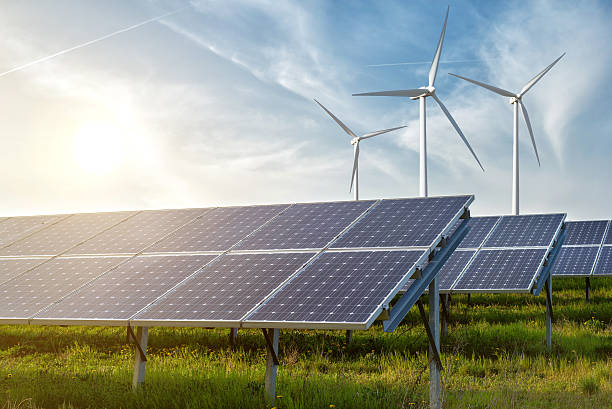
FAQ About Clean Energy
Clean Energy
2 years ago | gizem
How do clean energy technologies impact energy security?
Clean energy technologies can have a positive impact on energy security in several ways, enhancing a nation's ability to ensure a stable, reliable, and resilient energy supply. Here are some ways in which clean energy technologies contribute to energy security:
- Diversification of Energy Sources: Transitioning to clean energy allows countries to diversify their energy sources. Relying on a mix of renewable energy sources like solar, wind, hydro, geothermal, and biomass reduces dependence on a single energy resource, which can be subject to price volatility or geopolitical risks.
- Reduced Energy Imports: Clean energy technologies, especially those based on domestic resources, decrease the need for importing fossil fuels. This reduces exposure to international energy markets, price fluctuations, and potential supply disruptions.
- Decentralized Energy Generation: Clean energy technologies often enable distributed energy generation, such as rooftop solar panels and small wind turbines. This decentralization can enhance energy security by reducing the reliance on large centralized power plants and transmission infrastructure.
- Grid Resilience: Clean energy systems, particularly those with energy storage and microgrid capabilities, can enhance grid resilience during power outages and natural disasters. Localized clean energy resources can provide reliable electricity to critical facilities and communities during emergencies.
- Energy Independence: Embracing clean energy technologies allows countries to rely more on their own renewable resources for electricity generation and reduce dependence on foreign energy sources. This enhances energy independence and sovereignty.
- Mitigating Geopolitical Risks: A shift towards clean energy reduces a country's exposure to geopolitical risks associated with energy production, transportation, and supply. This can improve diplomatic relations and reduce the potential for conflicts related to energy resources.
- Climate Change Resilience: Clean energy adoption contributes to climate change mitigation, reducing the risks associated with extreme weather events and other climate-related disruptions that can impact energy infrastructure and supply.
- Sustainable Resource Management: Clean energy technologies, such as wind and solar, utilize renewable resources that are naturally replenished. Sustainable resource management ensures a long-term and reliable energy supply.
- Reduced Price Volatility: Clean energy sources, once installed, often have lower operating costs compared to fossil fuel-based power plants. This can lead to more stable and predictable electricity prices, reducing exposure to price volatility.
- Job Creation and Economic Benefits: Building and maintaining clean energy infrastructure can create local jobs and stimulate economic growth, strengthening a nation's economy and contributing to overall energy security.
- Adaptation to Changing Energy Landscape: As the global energy landscape shifts towards cleaner technologies, countries that invest in clean energy early can be better positioned to adapt to changing market conditions and energy trends.
